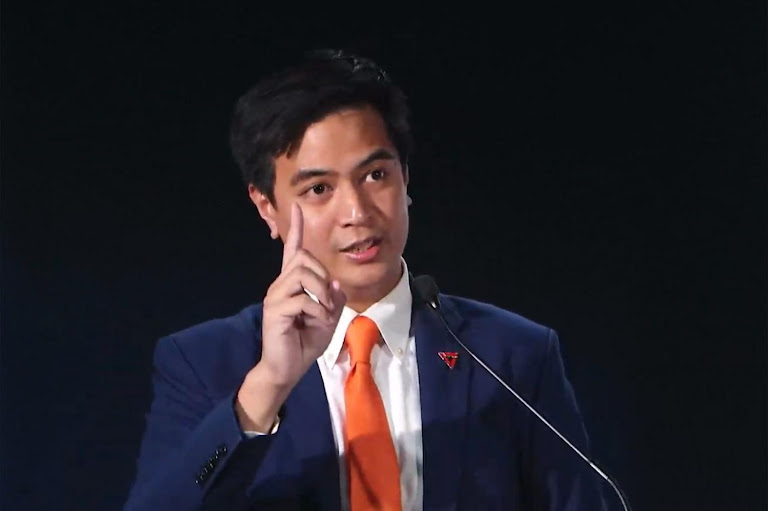Thailand’s Bhumjaithai Party Risks Failure in No Confidence Vote.
Lacking key opposition support, Bhumjaithai’s censure motion regarding the Thai-Cambodian border conflict and PM’s leadership faces almost certain failure.

Thai politics, like politics everywhere, is a game of numbers and timing. And right now, Bhumjaithai, eager to flex its newfound opposition muscle, appears to be miscalculating on both fronts. Their rush to file a no-confidence motion against Prime Minister Paetongtarn Shinawatra immediately after parliament reconvenes on July 3rd risks undermining the very tool they seek to wield. As reported by the Bangkok Post, the opposition People’s Party (PP) is urging caution, signaling a crucial lack of unity and a potentially disastrous misstep for Bhumjaithai.
The underlying tension here speaks to a deeper structural issue: the incentive to grandstand versus the need for strategic coalition-building. A no-confidence motion is a powerful, but finite, resource. Each parliamentary session allows for only one attempt, making its deployment a high-stakes gamble. If Bhumjaithai proceeds without securing sufficient support—a very real possibility given their 69 votes, short of the required 99—they risk not only failing to censure the Prime Minister but also weakening their own political position. The PP’s reluctance hinges on a pragmatic assessment of the political landscape, recognizing that a premature move could backfire spectacularly.
The situation is further complicated by several factors:
- The Cabinet Reshuffle: The PP rightly wants to see the composition of the new cabinet before committing to a no-confidence motion. A reshuffle could shift alliances and create opportunities to target ministers beyond the Prime Minister.
- Information Asymmetry: The PP is essentially asking Bhumjaithai: What do you know that we don’t? If Bhumjaithai’s rationale for censure is based on truly new information, then sharing it is a strategic imperative. If, however, the information is old, the move reeks of political opportunism, undermining Bhumjaithai’s credibility.
- Paetongtarn’s Position: Parit Wacharasindhu, a PP list-MP, suggests that Paetongtarn should “reflect on her actions as government leader and whether she still deserves the public’s trust.” This implies a belief that public opinion could shift against the Prime Minister, creating a more favorable environment for a no-confidence motion down the line. Furthermore, the Prime Minister declined to comment on Hun Sen’s recent remark, in which he claimed he was certain Thailand would have a new prime minister within three months. This silence only amplifies the surrounding uncertainty.
The risk for Bhumjaithai is becoming a symbol of ineffective opposition, prioritizing a flashy gesture over tangible political impact. Their move reveals a potential failure to understand the nuanced parliamentary math at play.
This episode highlights a persistent challenge in multiparty systems: balancing the need to hold the government accountable with the pragmatic realities of coalition politics. Bhumjaithai’s apparent eagerness to challenge Paetongtarn might be driven by genuine concerns about her leadership, particularly in relation to the Thai-Cambodian border conflict, a situation that seems to have contributed to them withdrawing from the government after the leak of Ms Paetongtarn’s controversial phone conversation with Cambodian Senate President Hun Sen. However, without the support of other opposition parties, their efforts are likely to be futile.









